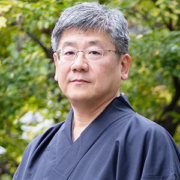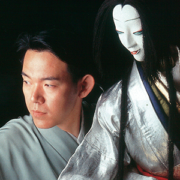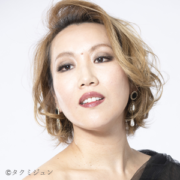Nippon Art & Culture Salon aims at a "virtuous cycle of culture"
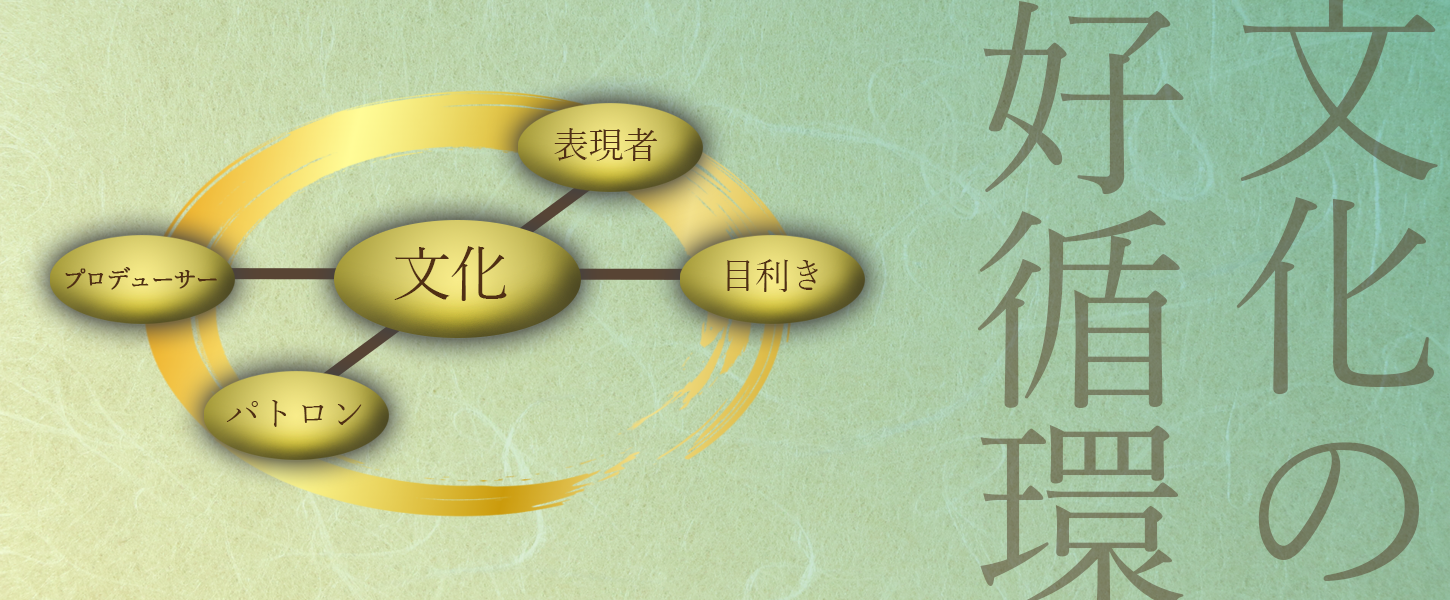
To realize a virtuous cultural cycle, there are "three pillars" in Nippon Art & Culture Salon
Chance for the talented people
There are many people in Japanese culture and academia who are full of motivation and talent, and those who have the best skills. However, in many genres, such merit-oriented systems, systems, and mental climates have become rigid and have not functioned sufficiently in Japan today. Nippon Art & Culture Salon aims to provide a place for cultural and academic circles to have fresh, ability-oriented opportunities.
Rebirth of patron culture
The presence of patrons is essential for the maturity of culture. The Medici family and Da Vinci, Michelangelo, Yoshimitsu Ashikaga and Zeami, Hideyoshi Toyotomi and Sen No Rikyu …. Even in recent years, the spirit of patron culture has remained in Japan until the 1920s, including the Idemitsu Museum of Art and Suntory Hall. The richness of culture is directly linked to national power. There must be a correlation between the stagnation of the Heisei period and the decline of patron culture. Nippon Art & Culture Salon aims to revive patron culture by providing a place for artists, connoisseurs (critics), producers, and patrons to meet and create.
The cultivation of aesthetic sensitivity for youth and children
Japan has been a major country of emotional education since ancient times. Waka, calligraphy, ikibana, tea, martial arts, etc. have colored life with beauty, and have cultivated the kindness, strength, and richness of the heart. I think that conveying the richness of sentiment to the younger generation is the greatest gift to them. Culture cultivates the power to live. Nippon Art & Culture Salon aims to create a comprehensive foundation for sentimental education.
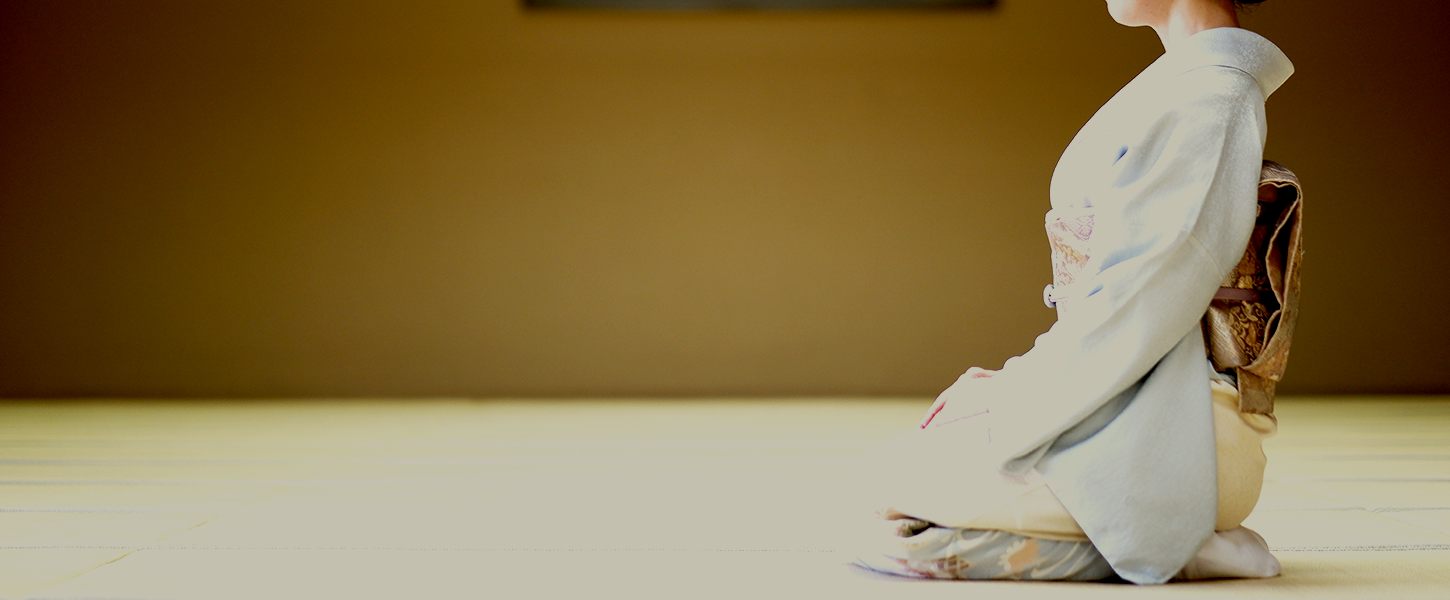
Greetings from the representative
What is culture?
It's a frenzy. I am impressed.
power, and the best manifestation of human life.
It's love, it's healing, it's bonding.
The late Hidekazu Yoshida (1913-2012), a world-renowned music critic, described it as a “solemn frenzy” when he heard the hustle and bustle of the great conductor Wilhelm Furtwängler in Paris in 1954.
There is no word that shoots through the essence of “culture” like this.
Culture is not upscale, boring, ritualistic, and drowsy, or small, closed, occupied by some hobbyists alone. Absolutely!
The threshold may be high at first.
It may be uneasy that there is no basic knowledge.
However…….
First of all, I want you to participate in the place, open your mind, concentrate quietly, be curious, and react as you feel.
The culture that has been trained and cultivated through various forms and genres from now to the east and the west always has a “something” that strikes people’s hearts.
Just by clearing your mind, “something” will surely start in you. And when something starts in your mind, even faintly, it is a sure first step towards your deep bond with culture and the potential for life’s richness.
When those who are so open-minded come together, miracles are born there.
I want to call it “Community of impression”.
The words, sounds, colors, and forms of people who have worked hard to create beauty and excitement, as well as the audience and audiences who accept them.
My hearty desire is to remake a “community of emotion” in modern Japan.
Over the last few decades, Japan has continued to be so pleased that the bursting of the bubble, the lost two decades, the division of values due to the spread of the Internet, and the isolation caused by coronal disasters.
Culture is the power to create bonds between us, heal the heart that has been hurt, and create a place to enhance each other’s lives.
Nippon Art & Culture Salon was founded as an agora (square) where the four poles of the above table gather in order to bring the potential of such culture to Japan again.
We look forward to the participation of many people, to a solemn frenzy named culture!
Representative,

Eitaro Ogawa is a literary critic and president of the Peace Studies Institute of Japan. Born in 1967. Graduated from Osaka University Faculty of Letters and Saitama University Graduate School. He received the 18th Seiron Shinpu Award sponsored by the Fuji Sankei Group, the Special Award at the 1st Japan Revitalization Awards sponsored by the APA Foundation, and the Grand Prize in the Kodo Book of the Year 2019. His books include “Is There a Future in Furtwängler and Karajan Classical Music” (Keibunsha Shobo), “HeiseiKi” (Seirindo), “Writer’s Value” (Asuka Shinsha) and many others.

